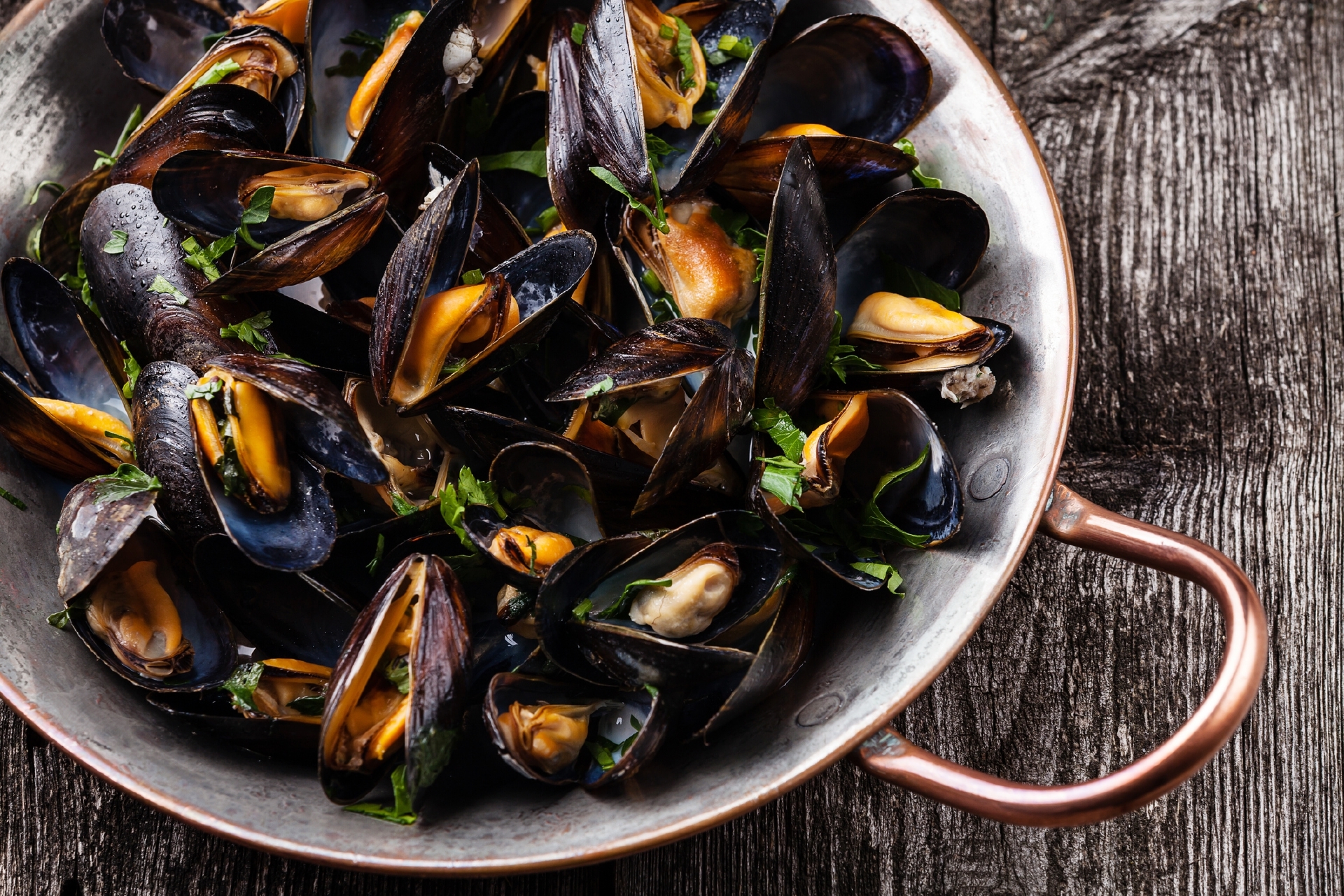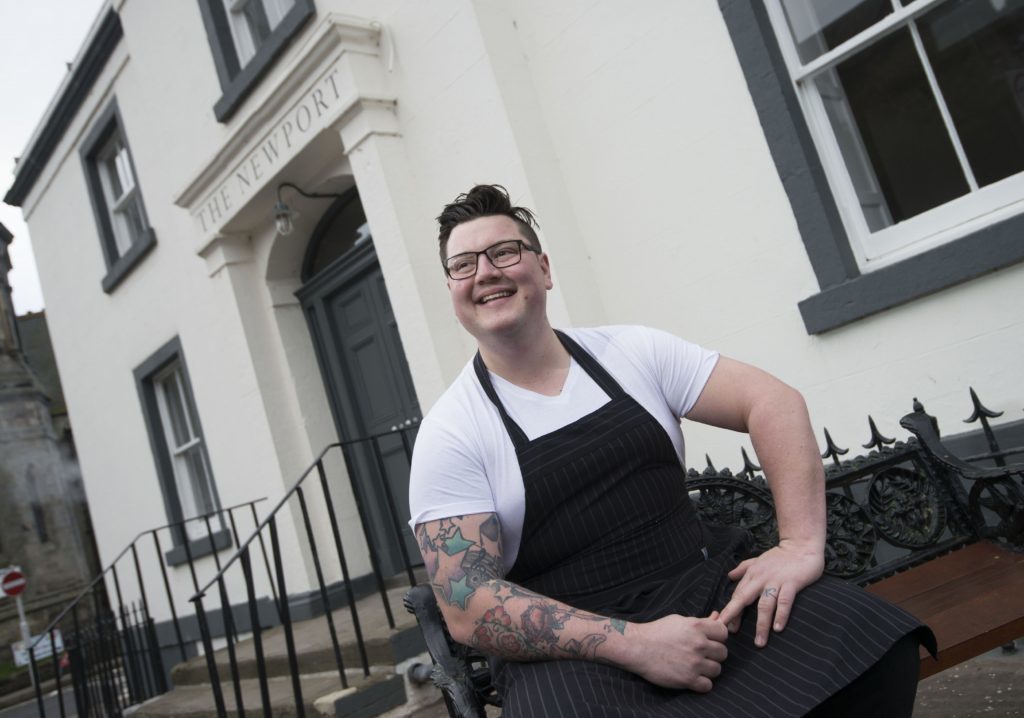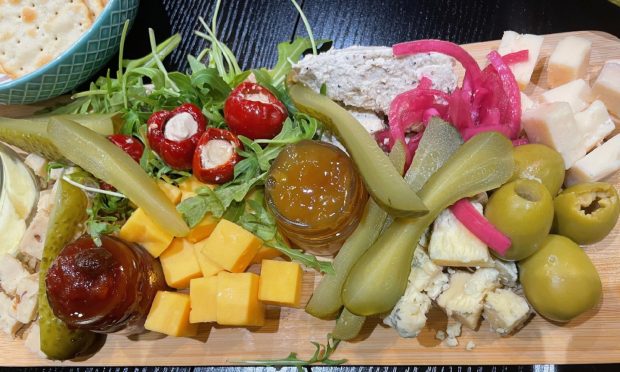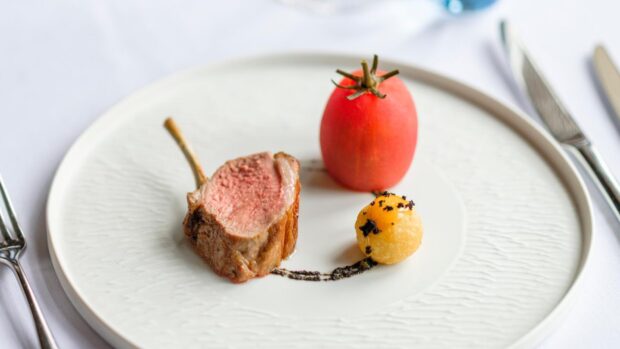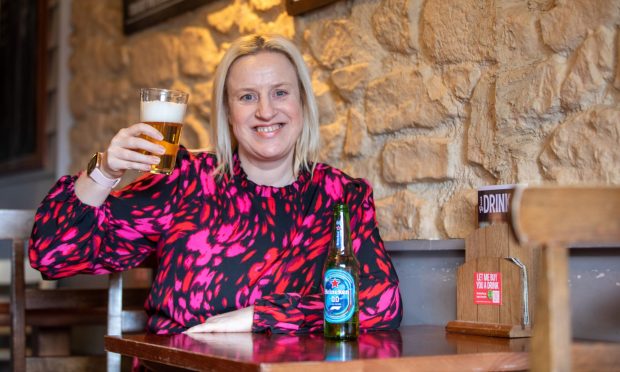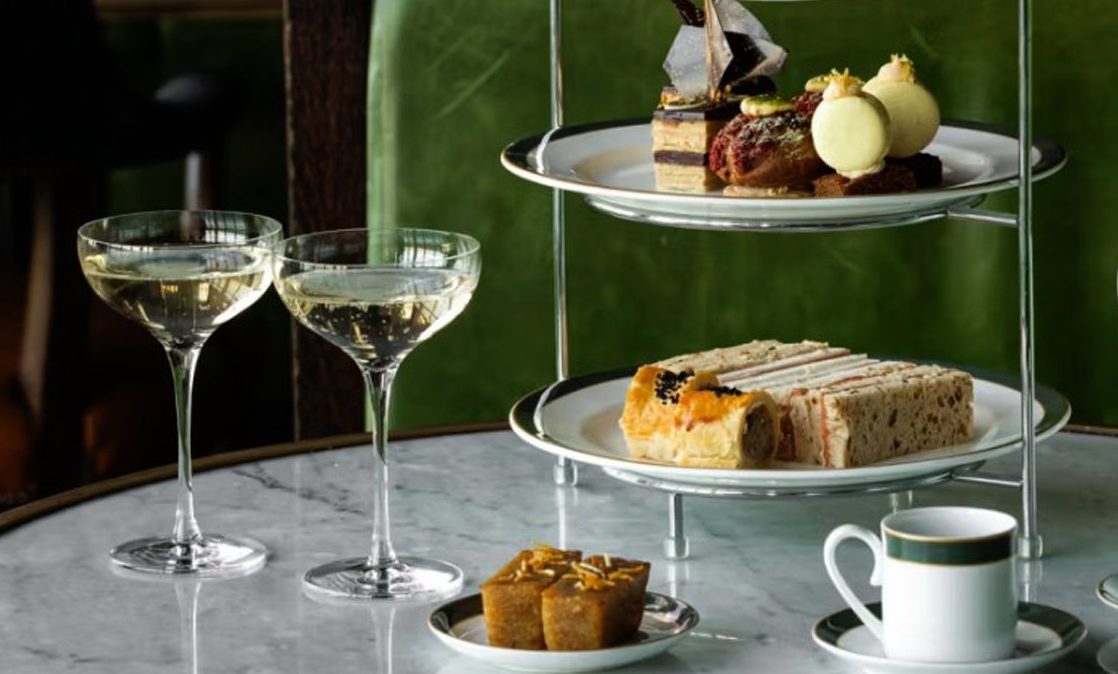I’m not the first chef – and I certainly won’t be the last – to shout about how exciting our Scottish seafood larder is. After all, it’s renowned for being the best in the world, says Jamie Scott, chef patron of The Newport in Fife.
Here in the Newport kitchen we certainly count ourselves lucky to be able to source extremely high quality fresh produce, often not too many miles from our doorstep.
The key to preserving these stocks and wide availability is to focus on our sustainability and make ourselves weigh up what is hugely available against the most popular and well known kinds of fish. These rivals include pollock in place of haddock, coley instead of cod and hake instead of bass, just to name a few.
All alternatives match in flavour, texture and are cheaper to buy, thus making them more accessible. One of my fondest memories from when I was learning the industry is working with an amazing seafood chef called Jim Cowie at his restaurant the Captain’s Galley in Scrabster.
Jim opened my eyes to the different species available and also showed me how not overfishing quotas while still maintaining a healthy business took the pressure off the fishermen.
A list of endangered species of fish announced recently included Atlantic cod, plaice, haddock, Atlantic salmon, monkfish and all species of tuna with the exception of skipjack. We check these lists constantly for changes to ensure we do our part.
One of my favourite dishes to date is still a grilled fillet of pollock basted in seaweed butter and served with cream cabbage. Next time you’re going to your local fishmonger ask for a lovely piece of coley, 300g plus. Peel and slice an inch of ginger, one red chilli, 1 sprig of coriander and 1 whole clove of garlic. Make a little bag of tinfoil lined with parchment paper, drizzle with sesame oil, place fish and aromats inside with 75mls of mirin and soy sauce. Seal the bag and bake at 150C for 12-15 minutes and serve with rice or noodles. These easy low cost dishes are a great way to branch away from the normal and help towards sustainability.
Chef’s tip
Scottish rope-grown mussels are highly sustainable and there’s a bountiful stock available. Always ensure you fully clean and de-beard each one with the back of a knife and rinse thoroughly under cold water for at least 5-10 minutes. I enjoy them spiced with cream or try adding a spoonful of curry paste and replacing the cream with coconut milk.
www.fishisthedish.co.uk
